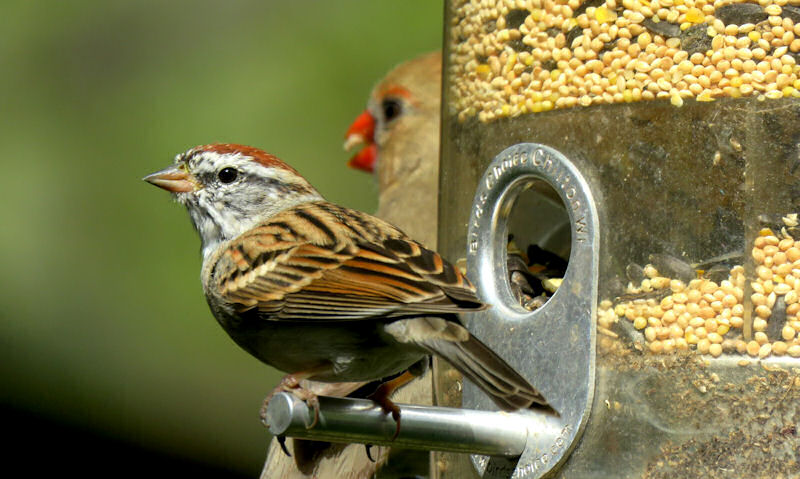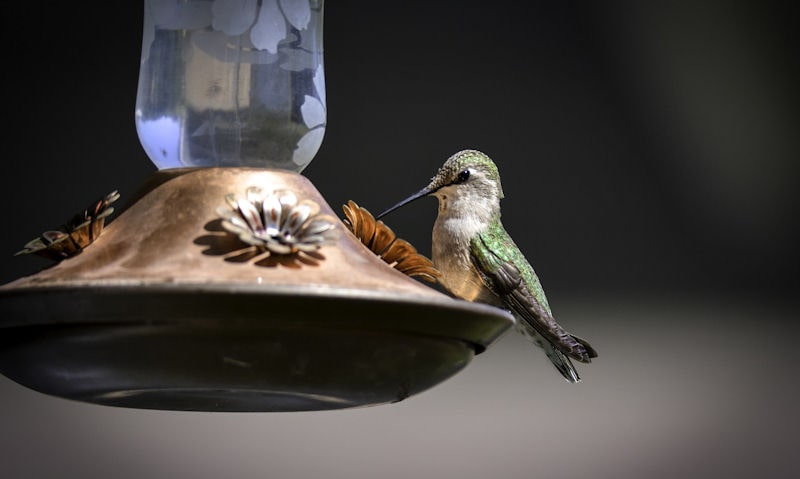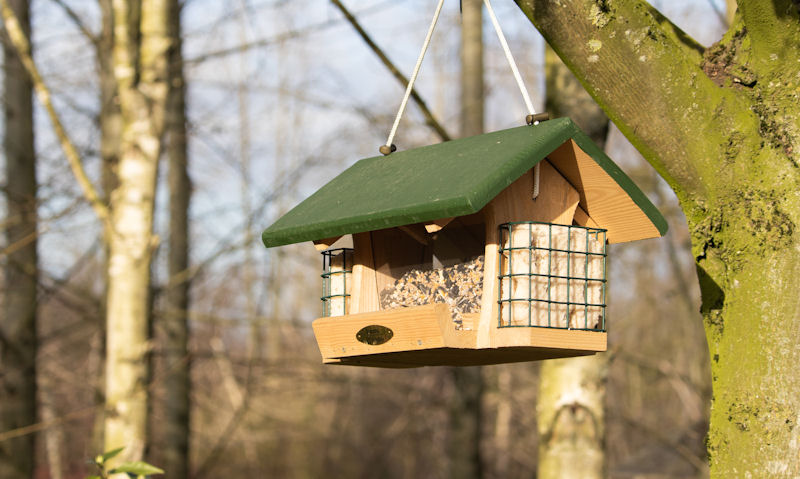Can bird feeders make you sick
Deadly, well known viruses associated with domesticated or pet birds is not very common in wild birds, but the transmission of bacteria certainly is.
Feeders can make you sick with transmission of Salmonella, in which case its transferred by wild birds at feeders due to rotten food or bird poop. Whilst this can make birds ill themselves; by touching these bacteria riddled areas, then proceeding to touch your face or mouth, can give you sickness and diarrhea.
Much like any food preparation area, bird feeders can be classed as this, so therefore can be a breeding ground for bacteria.
Likely cause of this is bird food is allowed to rot in the feeders, thus continued to be spread around on the exterior, and so to the interior of the bird feeder.
Birds will likely be the poorly patients due to the presents of Salmonella, but in turn this can be caught by people, due to poor hygiene with carelessness whilst cleaning out bird feeders or replacing old bird food.
Salmonella in humans can give us diarrhea and sickness in mild or more serious cases, but all can be avoided if you wash your hands after coming into contact with wild bird feeder, bird food and equipment.
Be sure to clean bird feeders once or twice a week with soap dish, whilst using a strong bleach solution to kill of any germs, and remove any mold.
With that, what else you can clean bird feeders with is using a water to vinegar solution, all in the name of removing stubborn residue that contains bacteria.
Feeders don't make you sick
Feeders that are made to be hung up in our backyards have never seen strong evidence associating them with serious illness in humans.
In fact only one case of transmission of a wild bird disease has been transferred to a person - with the wild bird being responsible, not the actual bird feeder.
Bird feeders certainly can make you sick in relation to bacteria in the bird food, or indeed any contact with the bird feeder that in turn is transferred to your face or mouth by your hands.
With feeders possibly causing sickness due to contact with any type of bacteria present on bird feeders, continue to be cautious.
What that means for you or the person responsible for cleaning out bird feeders, is to do so with gloves on, or being sure to wash your hands and your wrists higher up your arms, to be sure any possible infection is removed.
Don't use normal hand moisturizer but a germ killing hand sanitizer only, which is usually promoted to kill 99.9% of germs on the label.
Human transmission unlikely
Human transmission of serious viruses caught off bird feeders is a rare one, or if not an unknown area.
Bird feeders can indeed have bacteria present, but this is the type that causes diarrhea and sickness, nothing else can be responsible for putting you in hospital.
In the past, wild birds in our yards, including migratory species are possibly seen to be responsible for influenza A virus, arboviruses such as West Nile virus and enteric bacterial pathogens - but none of this is for certain.
To be safe, you must continue to be very careful while handling bird feeders in your yard, and therefore the bird food contained within them.
Transmission of any bacteria present can only be through hand to face contact, with no possible air transmission of disease possible.
Be sure to keep your bird feeders cleaned once or twice a week, while removing days old bird food with fresh bird feed.
Bacteria still present
You can get sick due to bird feeders but in the thick of things, it won't be something as serious of well known bird flu or similar viruses.
What you can catch is diarrhea and sickness of the worst case scenario, while being mild in nature or worst, resulting in a stay in hospital.
Sickness can be avoided if you proceed to be cautious while handling bird feeders, and the bird food you replenish with, or the food that is removed.
Bacteria and similar germs can be present on the interior and exterior body of bird feeders, due to birds passing around old, rotten food outside of the feeders, including on top of platform feeders.
To avoid this ever happening you must clean bird feeders as often as you can, at least once a week but two times a week is safer.
Similarly, you can't allow bird feeders to store old bird feed until it runs out, bird food within feeders is the cause of sickness, if any - thus this is what you must be absolutely careful with when handling.
Be sure to wash your hands after you touch bird feeders, food and any corresponding wild bird feeder equipment, used to replenish bird food or clean out.
Conclusion
Bird feeders can't make you sick due to transmission of unknown wild bird viruses or similar diseases present in wild life.
What bird feeders can cause is sickness in humans, with the common diarrhea and sickness symptoms.
Bacteria can be present on bird feeders as any type of bird food is capable of germinating, thus bacteria will grow in days, or sooner if in hot or humid weather conditions.
To avoid this, the user that is responsible for feeding birds in the yard must feed birds with the utmost caution. Touch bird feeders or bird food directly if you must, but do avoid then touching your face and mouth, in case of bacteria is present.
Human transmission of any major illness is not really known, but that is a mute point anyway if you were to get sick through the transmission of bacteria, the bacteria being the well known Salmonella.
Salmonella bacteria can be transmitted at bird feeders contaminated by bird poop, or by eating bird food off the ground that is allowed to rot.
In turn, all this can end up on your hands, and therefore ingested at some point or another.


